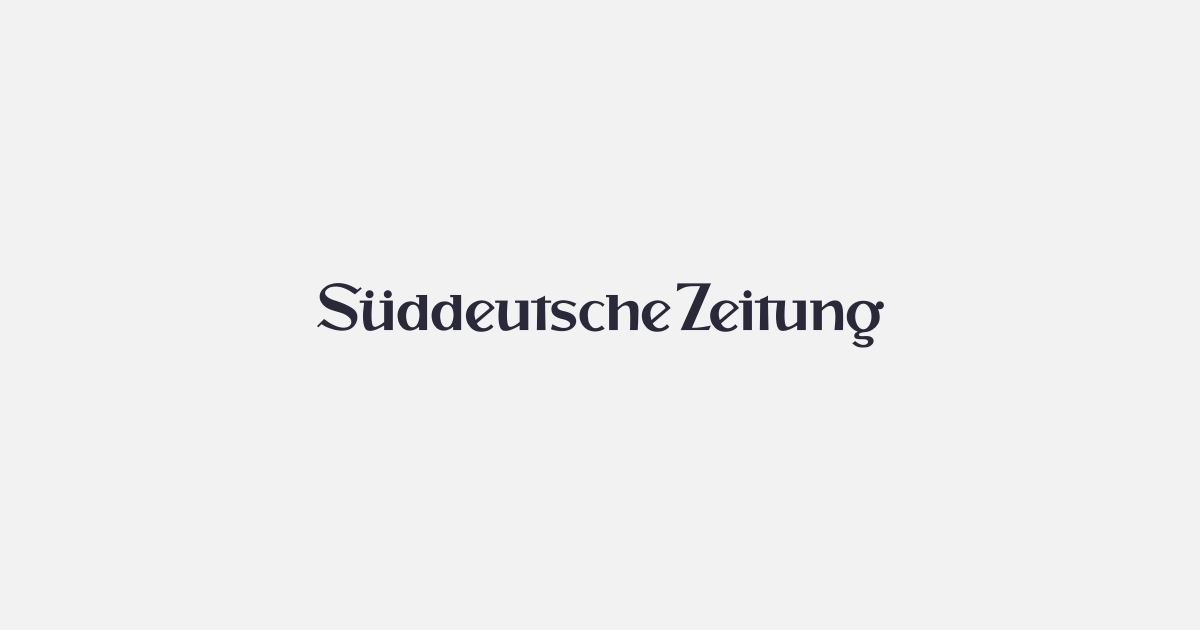By Heike A. Batzer
Cities and municipalities must have more money to deal with the consequences of the corona pandemic. The district SPD now wants to campaign for this. It demands that the district and the district, as higher-level municipal levels, should themselves take out loans to fulfill their tasks and should not use the next lower political level. Specifically, the SPD is calling for the district levy, which the district demands of its cities and municipalities, to be kept at the 2020 level in 2021.
This is contrary to the draft of the district budget that has now been submitted. Because then the district needs more money again. He estimates the need, which he cannot offset with his own income, but would like to have financed by the municipalities, at almost 147 million euros for next year, 18 million euros more than this year. The local contribution rate would increase to 49.70 percent.
In the budget deliberations of the district councils, this suggestion is likely to spark off, as was the case a good ten years ago. In 2011 and 2012, the district levy rate in the Fürstenfeldbruck district was at a record 59.85, with many municipalities groaning below the levies. In the course of the good economic development, it has been possible to keep the value below the 50 percent mark again since 2016. This year it was 46 percent – the lowest value in more than a decade.
The extent to which cities and municipalities should contribute to the financing of the district budget is controversial. The dilemma: the district cannot cope with its tasks without the support of the individual municipalities. Conversely, the municipalities also benefit from the work of the district, because the district is responsible for secondary schools, waste management and bus transport, among other things. Nevertheless, the tax burden must not become so great that the municipalities can no longer carry out their own tasks.
“We have to save the communities,” demands SPD district councilor Christoph Maier
These are already the big losers of the Corona crisis financially, says Christoph Maier, SPD parliamentary spokesman in the district council. As a result of the crisis management, they have “huge tasks in maintaining local social peace”. Further savings in municipal budgets would therefore “directly affect the quality of local social life”, particularly in the area of urgently needed voluntary services. “The heart of our democracy beats in the cities and municipalities. We have to save the municipalities,” demands Maier, who has been a member of the district council since May, in a budgetary position paper from his party. The municipalities, which would already have to cope with losses due to expected tax shortfalls, could not use any further burden that the district imposed on them through an increased district levy. The SPD demands that the district must finance remaining shortfalls in the 2021 budget through its own borrowing.
The district has planned this for this year. Thanks to an internal cash credit of ten million euros, which the district’s own waste management company made available to the district, its liquidity was recently sufficient. This year, however, the district will take out 15 million euros, which will allow it a so-called credit authorization. This of course means that his debts continue to rise: at the end of the year to almost 74 million euros and then to 86 million euros at the end of 2021, because loans of 19 million euros are also planned for next year. How the financial situation of the district develops will also depend on the further course of economic development as a result of the pandemic. The district budget for 2021 will be decided in mid-December.
Just as the district can get money from its cities and municipalities, the higher-level district can get money from the districts. This is done via the so-called district levy. In this way, the Fürstenfeldbruck district transferred 58 million euros to the Upper Bavaria district this year, and next year it will be 64 million euros because the assessment rate for the district levy will be increased. The district SPD would like to stop this automatism at this level as well. The district must do everything to ensure that its own household is not additionally burdened by increased levies from the district, says Maier. He therefore calls on District Administrator Thomas Karmasin (CSU) to use “all his political weight” to ensure that the district also uses another means to cover its additional financial needs: borrowing.
– .


